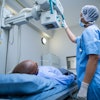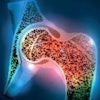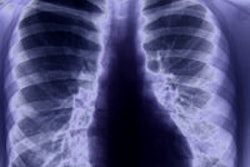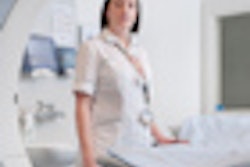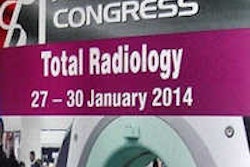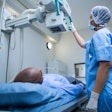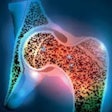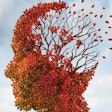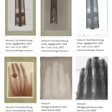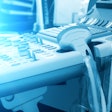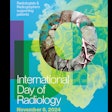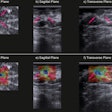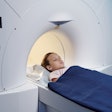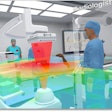The role of radiographers in the U.K. continues to grow in diagnostic and therapeutic services, including advanced imaging modalities and research, according to a new survey of managers.
Significant numbers of departments are claiming radiographer-led CT, MRI, and ultrasound diagnostic studies as well as interventional procedures, according to the Scope of Radiographic Practice Survey 2012.
The survey by the Society and College of Radiographers interviewed 143 service managers in diagnostic imaging departments, as well as radiotherapy service managers from 43 out of 64 centers across the U.K.
Overall, the managers are reporting increases in radiographer services offered since 2008, though there are some exceptions.
Compared with 2008, for example, fewer departments are offering ultrasound services in early pregnancy and obstetrics, a trend that likely reflects the U.K.'s introduction of fetal anomaly screening programs, as well as nuchal translucency measurements in fetal scanning for Down's syndrome.
Abdominal scanning has also dropped slightly, with the exception of CT colonography (also known as virtual colonoscopy) services, which have grown. Other exams that have grown in volume or been introduced since the 2008 survey, include, for example, musculoskeletal, vascular, and breast scanning, the study group said.
There has been a three-fold increase in the proportion of departments with research radiographers. Nevertheless, the proportion of radiographers having a substantive role in clinical education has dropped from 42% to 33%.
The therapeutic radiographer's role has expanded with ever wide-ranging responsibilities in treatment and post-treatment activities, the study team wrote. Eighty-one percent of centers have tumor-site specialist radiographers and 80% have technical specialist roles.
Overall, the number of centers with advanced practitioners has increased by 7%, and there has also been a 7% increase in practices with consultant practitioners, the study team noted.
"The role development of radiographers is good for patients because it brings improvements in service delivery and efficiency," said Audrey Paterson, the director of professional policy at the Society and College of Radiographers, in a statement accompanying release of the study, which Society of Radiographers members can download here.


